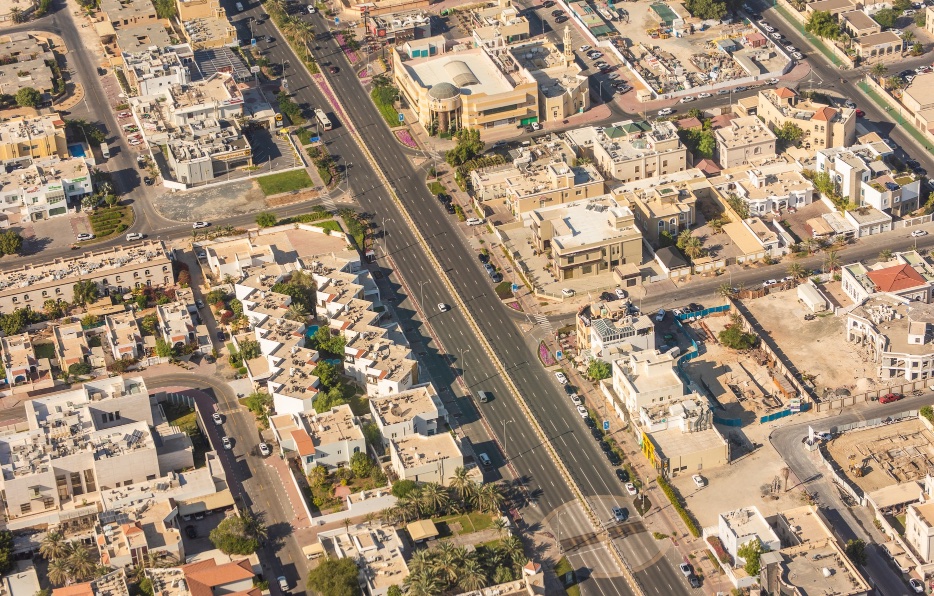UAE Cabinet Approves Dh192 Billion Budget for 2024-2026
The UAE Cabinet, presided over by His Highness Sheikh Mohammed bin Rashid Al Maktoum, Vice President, Prime Minister of the UAE, and Ruler of Dubai, has granted approval for the federal budget for the years 2024-2026. This budget amounts to Dh192 billion.
During the meeting at Qasr Al Watan, Abu Dhabi, Sheikh Mohammed highlighted the budget’s focus on social development and benefits, which represent 42% of the total budget. Government affairs account for 39%, while the remainder is allocated to investments in infrastructure, economic resources, financial assets, and other federal expenses.
The Federal General Budget for 2024 encompasses estimated expenditures of Dh64.06 billion and expected revenues of Dh65.78 billion. These figures indicate a projected expenditure increase of 1.6% in comparison to the 2023 fiscal year, with revenue showing growth at a rate of 3.3%.

Within this budget, a significant portion, 42%, is dedicated to investments in social development and benefits. Government affairs receive 39% of the allocation. Additionally, 4% is assigned to infrastructure and economic resources, while another 4% is earmarked for financial assets and investments. The remaining 11% is designated for other federal expenses.
The UAE Cabinet introduced a federal decree-law to establish the Financial Stability Council, which aims to safeguard and enhance the nation’s financial stability and support the financial sector’s role in promoting sustainable economic development. The Council will be chaired by Sheikh Mansour bin Zayed.
Furthermore, a federal decree-law was approved for the establishment of the UAE Drug Corporation, an independent federal entity responsible for regulating and managing the circulation of medical products in the country. This initiative seeks to elevate public health standards, bolster the UAE’s position as a global hub for pharmaceutical and medical industries, promote research and development in these sectors, and attract investments in pharmaceutical and medical products.
The Cabinet also passed a decision to reduce fees for the Ministry of Human Resources and Emiratisation services for industrial companies enrolled in the National In-Country Value (ICV) Program. These fees will now be based on the ICV rating, with companies rated over 60% classified as category one after meeting all specified obligations.
Additional approvals included amendments to fees for industrial property services provided by the Ministry of Economy, introducing a 50% fee reduction for services offered to SMEs and academic institutions to support their growth.
The Cabinet sanctioned the Digital Government Service Policy, focusing on service efficiency and the classification of urban and rural areas within the country.
Other key decisions involved the restructuring of the Board of Directors of the UAE Space Agency, approval of the genetic fingerprint executive regulation, and endorsement of the executive regulations of the ‘Federal Decree-Law No. 41 of 2022 on Civil Personal Status for Non-Muslims,’ which governs family matters related to marriage, divorce, inheritance, and child custody.
The executive regulation of the Federal Decree-Law No. 6 of 2022 on cooperatives was also approved, specifying conditions for cooperative formation, allowing non-citizens to obtain memberships, establishing boards of directors, voting procedures, financial market listing and trading, and other provisions.
Additionally, amendments to the Executive Regulation of Federal Law No. 7 of 2017 on Excise Tax were adopted.
The UAE Cabinet concluded by approving several international agreements with various countries, including Austria, Türkiye, Tanzania, Kenya, Barbados, Palau, and Argentina. The establishment of the UAE embassy in Caracas, the Bolivarian Republic of Venezuela, and Santo Domingo, the Dominican Republic, was also granted approval during the session.

Great news! The UAE’s new budget highlights significant investments in key sectors, setting the stage for growth and development over the next few years. A strong move for the nation’s future! For more financial updates, visit SavePlus.ae